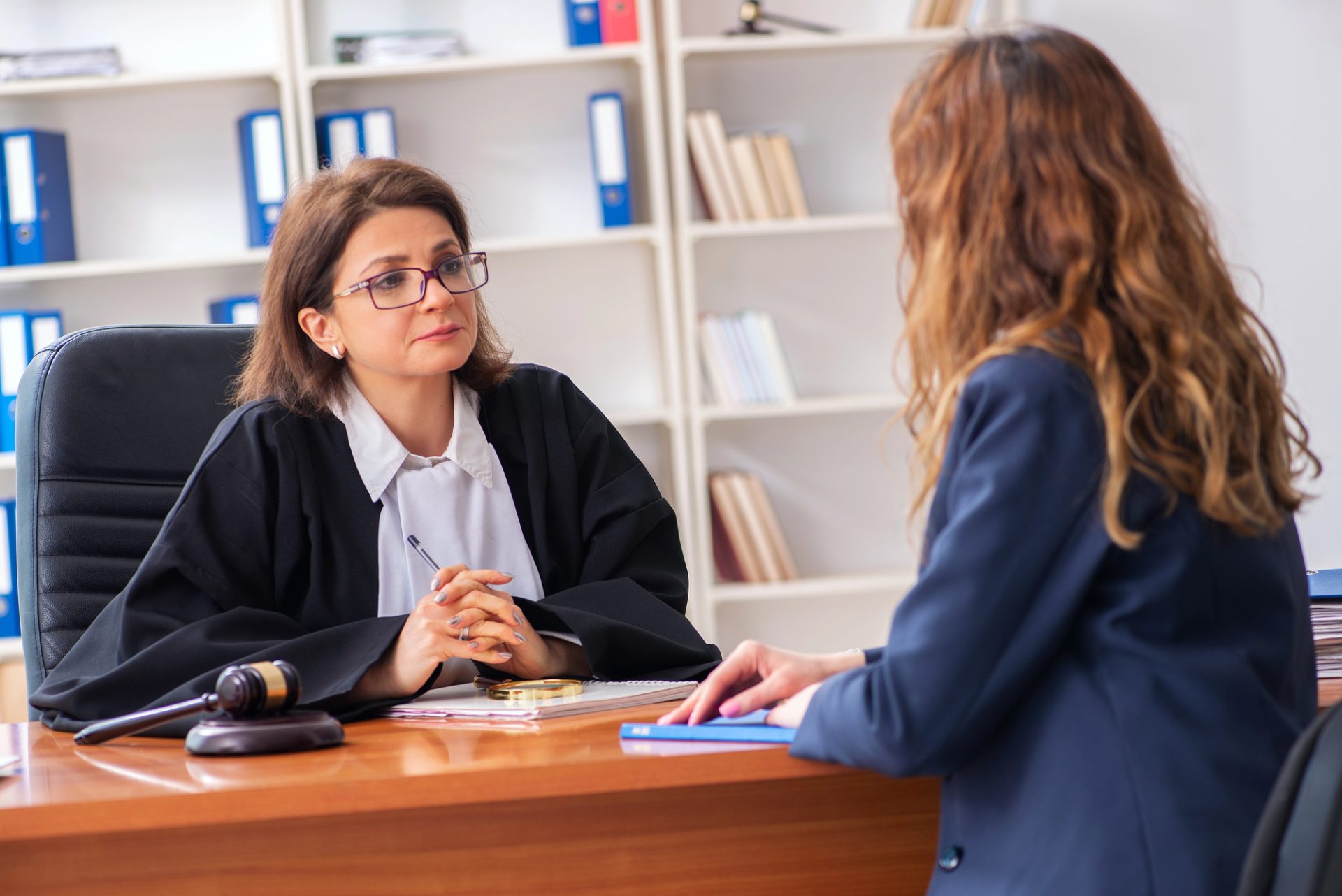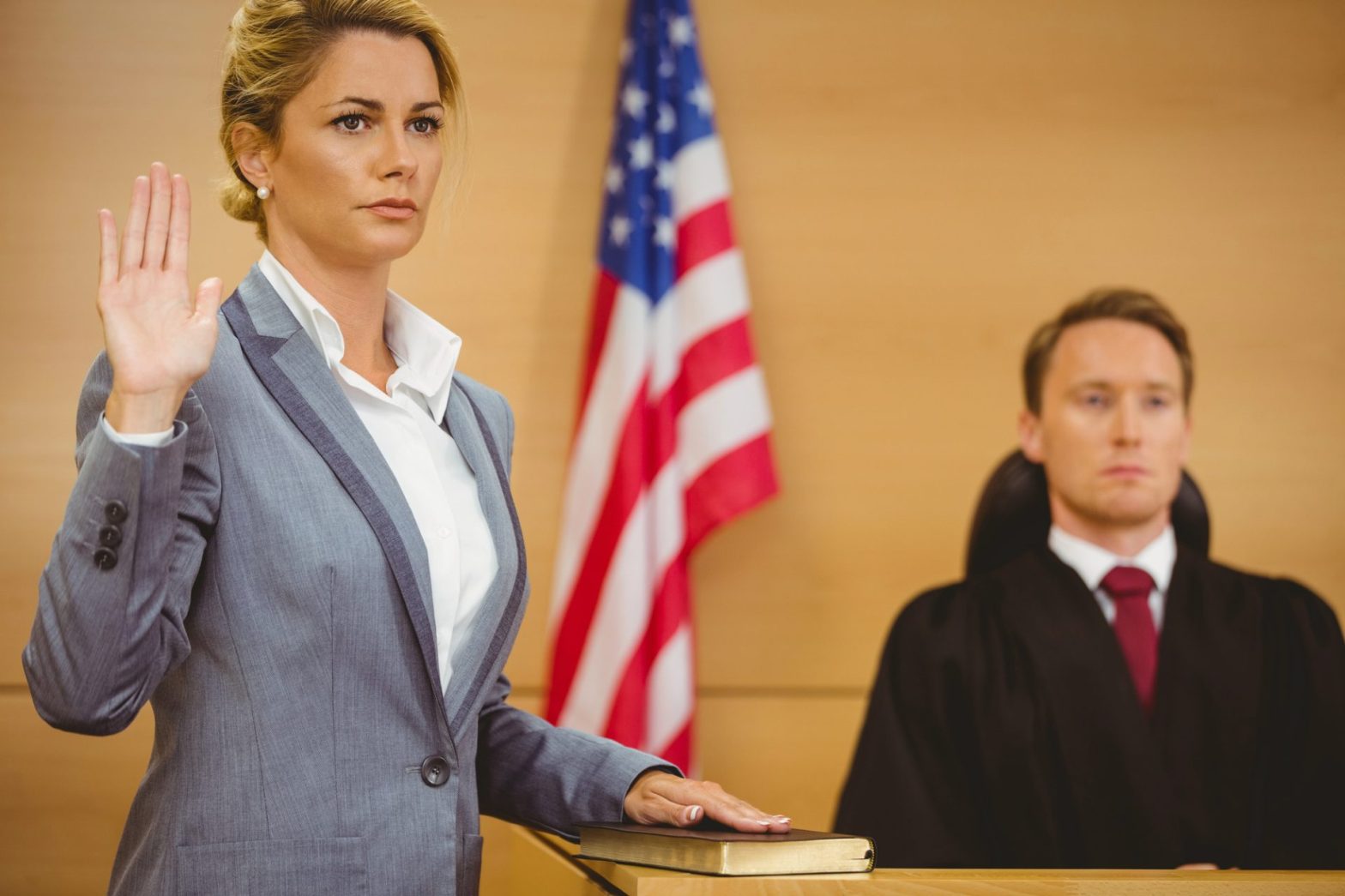Seeking compensation for injuries after an accident is not always easy, given that injured parties need to present solid evidence to back their claims, and this is where expert witnesses enter the picture. These witnesses are not eyewitnesses, and they don’t offer personal opinions about accidents that result in injuries. Instead, they provide expert opinions related to their fields of expertise. So, what is the role of expert witnesses in personal injury cases, and who can qualify as one?
Who Can Be Considered as an Expert Witness?
Expert witnesses are not average individuals but experienced professionals who have extensive knowledge about their fields. Courts consider different factors to determine if witnesses qualify as experts. These include:
- Educational background
- Specialized skills and training
- Experience in the field
- Published papers, research, and studies
- Peer-reviewed publications
What Is an Example of an Expert Witness?
Consider an example of someone who suffers brain and spinal cord injuries in a car accident because of an overspeeding truck driver. In this case, a neurologist can help highlight the severity of the injuries as well as their short- and long-term effects. In the same case, an economic expert can arrive at the total expenses you might incur not only in the form of receiving medical care, but also for other non-economic damages like emotional distress, loss of earnings, and loss of companionship.
Admissibility of Expert Testimony in Court
Expert testimony is typically admissible in New York courts if it can assist judges or juries to understand specific aspects of cases. However, trial courts have the discretion to deny or limit expert testimonies. In addition, stringent legal standards govern the admissibility aspect, with the Frye or Daubert standards finding favor in courts across the country. In New York state courts, the Frye standard remains the primary test of admissibility, whereas the Daubert standard applies in federal courts.
What Is the Role of Expert Witnesses in Personal Injury Cases?
A key role of expert witnesses in personal injury cases is to help judges and juries understand the evidence presented to them and/or determine the facts leading up to and after an accident. The need for an expert witness arises when opposing parties in a personal injury lawsuit dispute the facts of the case. Expert witnesses help clarify such facts owing to their specialized knowledge.
While expert witnesses can support a plaintiff’s claims, they can also refute evidence that opposing parties present. This is how expert witnesses help strengthen personal injury cases.
- Make claims credible. An expert witness can lend credibility to your claim by providing an unbiased professional opinion about the details surrounding your case.
- Simplify complex matters. Personal injury litigation brings with it different types of medical and/or technical concepts that judges and juries may find hard to comprehend. Expert witnesses present this information in a manner that is easy to understand.
- Establish causation. The role of the expert witness may extend to establishing causation, showing that there is a direct link between the opposing party’s negligence, the accident, and your injuries.
- Evaluate damages. Expert witnesses can provide accurate evaluations of the damages you should receive by assessing the severity of your injuries as well as their short- and long-term effects.

The Role of Persuasiveness
If you think of a courtroom as a stage, expert witnesses are important performers who need to captivate the attention of judges and juries. Just how persuasive they are when presenting their testimonies plays a key role in the outcomes of several cases. Whether or not they are able to persuade their audiences also depends on how strong the evidence is, their credibility, and their ability to simplify complex information. While an expert’s testimony relies on presenting facts, it should also be authoritative and compelling.
Types of Expert Witnesses
Depending on the intricacies of a personal injury lawsuit, a lawyer or attorney may collaborate with more than one type of expert witness. For example, dealing with a car accident might require using the services of a medical expert, an accident reconstruction expert, and an economic expert.
- Medical experts. The doctor or doctors treating you may testify about the severity of your injuries, treatment plans, the impact of the injuries on your life, and the possible need for rehabilitation or long-term care.
- Mental health experts. Mental health experts help shed light on the psychological effects that accident victims might suffer. For example, a mental health expert can testify that a victim suffers from post-traumatic stress disorder (PTSD) owing to the accident in question. They can also testify about how an accident resulted in other mental health conditions like emotional distress, depression, stress, or anxiety, and the effect of the condition on the victim’s life.
- Life care planners. Often used in personal injury cases, life care planners are healthcare professionals who assess the future care needs and associated costs of individuals with catastrophic injuries or chronic health conditions that arise owing to an accident. They create detailed plans that outline the required medical, financial, and social support that victims need throughout their lifetimes.
- Vocational rehabilitation experts. These experts typically provide testimony surrounding a victim’s employability and earning capacity before and after an accident, thereby helping to put a number on the full extent of damages. Vocational rehabilitation experts typically enter the picture in cases where catastrophic injuries have an effect on victims’ ability to work as they did before their accidents.
- Accident reconstruction experts. Automobile accident cases often benefit from the insight that accident reconstruction experts provide, helping courts determine what caused an accident and who to hold liable. Part of what they do includes studying the scene of accidents, collecting physical evidence, inspecting all involved vehicles, interviewing eyewitnesses, using computational modeling and simulation software, analyzing human factors, and preparing comprehensive reports detailing their findings.
- Economic experts. The role of economic experts in personal injury cases is to calculate the overall cost of existing and future medical treatment as well as the monetary impact of lost wages and loss of earning capacity. Factors they take into account include a victim’s education level, career trajectory, and industry trends.
- Manufacturing experts. The need for manufacturing experts arises in cases where victims suffer injuries when using defective products. A manufacturing expert’s testimony can help establish how a faulty product failed to function as it should, thereby resulting in an accident that caused a victim’s injuries.
Conclusion
Now that you know the role of expert witnesses in personal injury cases, make sure you use their services if you feel they can help bolster your case. More often than not, personal injury lawyers determine which expert witnesses to turn to based on the specifics of a case, and if you have not consulted with one yet, doing so at the earliest might be in your best interest.

